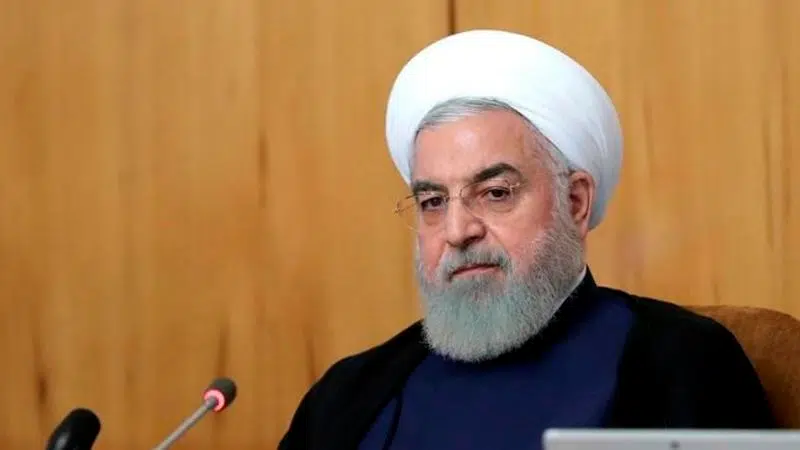
World powers meet Iran in Vienna to salvage nuclear deal
VIENNA — Representatives from Europe, China and Russia, nations that are still committed to the Iran nuclear deal, were meeting Sunday with Iran’s representative in Vienna to discuss how to salvage the unraveling accord.
The diplomats are examining issues linked to the implementation of the nuclear accord after Iran surpassed the uranium stockpile and enrichment limits set out in the 2015 deal.
Iran recently begun surpassing those limits, saying the moves can be reversed if other parties to the agreement — Germany, France, Britain, China, Russia and the European Union — come up with enough economic incentives to offset the U.S. sanctions that President Donald Trump reinstated after pulling his country from the nuclear accord.
Experts warn that higher enrichment level and a growing uranium stockpile narrow the one-year window that Iran would need to have enough material to make an atomic bomb, something Iran denies it wants but that the deal prevented.


